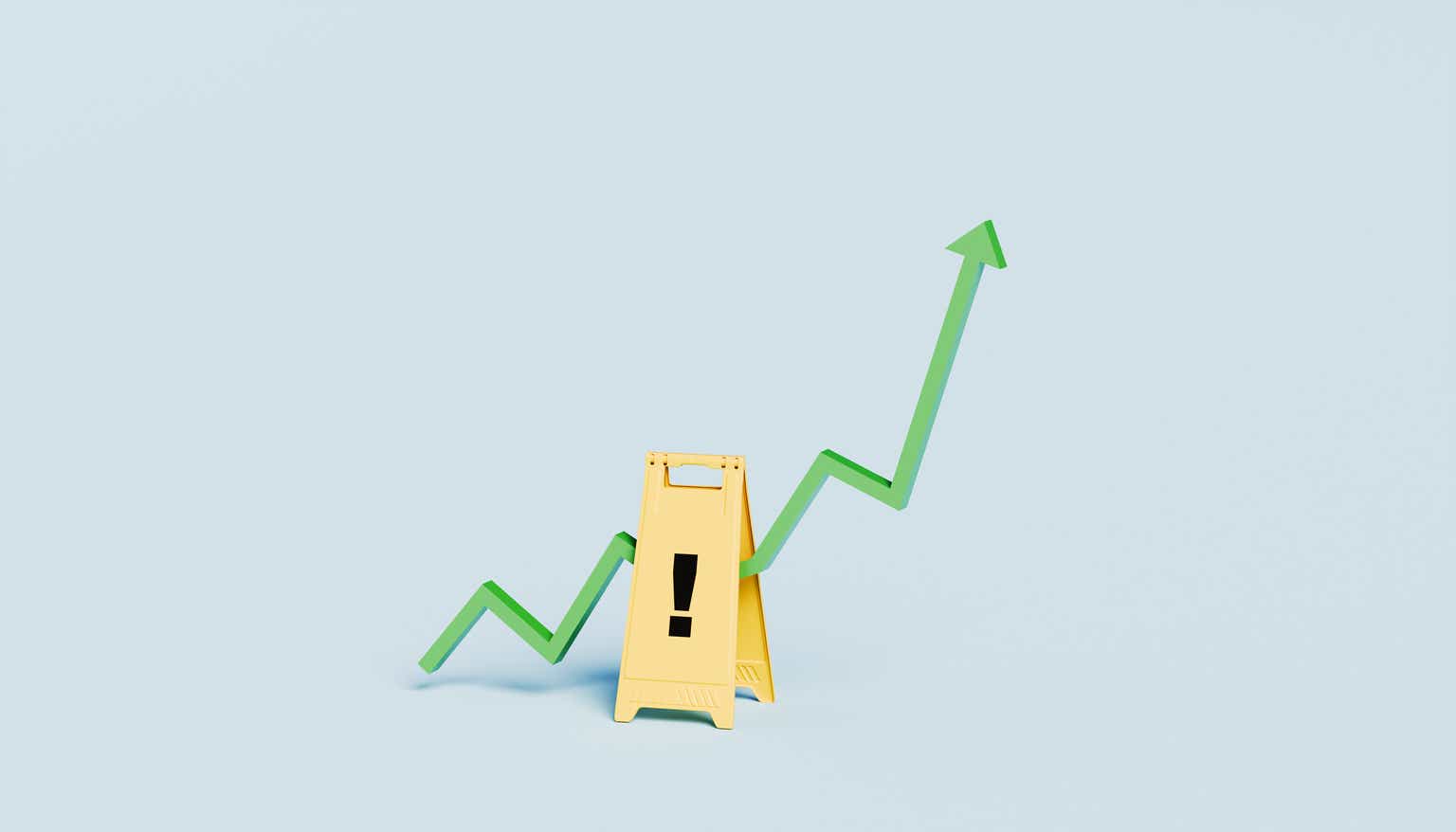Here’s how an impending recession could impact everyday Americans.
Transcript Below:
AHMED RIESGO: So as far as the sort of recent increases in the probability of recession, we’ve seen from other banks out there, places like Goldman, you mentioned others, they were sitting somewhere to 30% and 40% That was pre announcement. I suspect that over the coming days those will potentially even March higher.We think there’s somewhere around 50% That might not be very helpful for investors because it’s basically a flip of the coin. But it does tell you something. It does tell you that if you’re highly risk averse and if you cannot tolerate volatility in your portfolio, now is not the time to be making those bets.
So the average American will be impacted by U.S. recession the way, you know, most recessions tend to pan out, right? You’ll see job losses that will lead to a reduced consumption that will lead to increased job losses. Right so this is the positive feedback loop that unfortunately takes place in recessions. Now I will say this there’s always a lot of fear with recessions. Obviously, no one wants to lose their job and no one wants to see a contraction in economic activity. But recessions tend to be actually healthy and needed for an economy.
The sort of issue we’ve had is that the last two recessions we’ve had in the United States have been shocks, exogenous shocks to the system. I’m talking about COVID, the global financial crisis. Most recessions do not look as bad as those two did, although this one, I would characterize it as a fiscal shock. I would also characterize it as a fiscal shock that could potentially be reined in because it is policy induced. Policy could also make it better. So my point is that if we do go into recession, which like I said, I think at this point we peg it around 50% odds. I think it’s much more likely to be a milder recession than we’ve seen over versus the previous two.
Subscribe |
Earn. Live. Invest. |
TheStreet Pro |
#Investing #Stocks #WallStreet
source











































